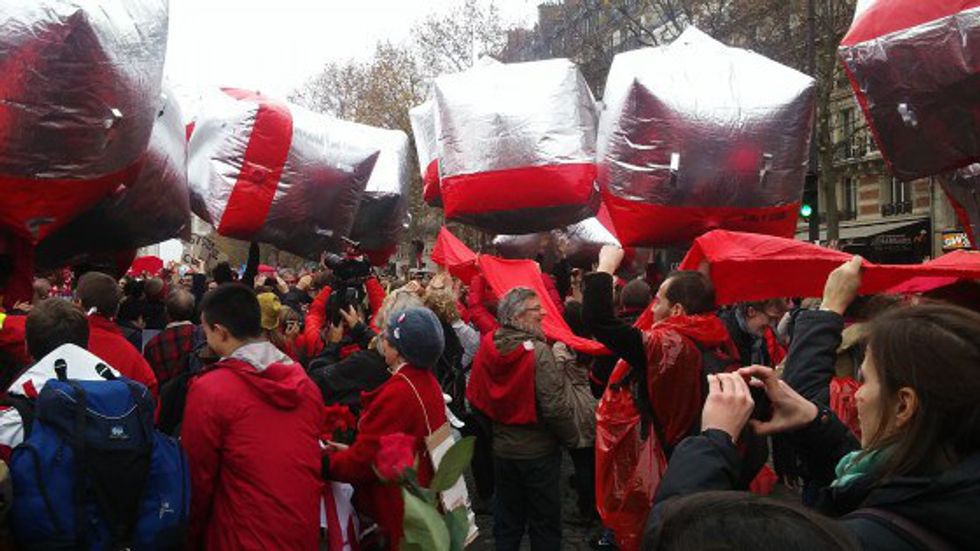On May 14, a civil disobedience will take place in Albany, New York. This event is part of the Break Free movement, which is a series of 23 mass actions demanding to Keep Fossil Fuels In The Ground in 12 countries on 6 continents. Actions have already started all across the globe.
In Albany, specifically, activists plan to slow down the trains that transfer crude oil from the Bakken shale fields of North Dakota. Since the government is failing to secure human and environmental rights, the people must take action.
A couple of us from College of the Atlantic and Earth in Brackets will be trekking seven hours to this civil disobedience. We have been told that there will be two types of disobedience; the calm group and the radical group. The calmer group will have minimal contact with law enforcers. The radical group has a higher risk of getting arrested. The challenge now is to choose between the two.
Is my presence in this space enough to show solidarity? Would my presence make more of a statement if I did risk arrest?
This is not the first time I have placed myself in this situation. While a group of us were in Paris last winter, attending the COP21 climate talks, there were plenty opportunities to be part of civil disobediences. Activists even set up a series of civil disobedience called Climate Games, in which groups from around the world documented their "pranks" and the reactions that followed.
However, the group that I was a part of involved students who were attending the climate talks as part of school credit. Our accreditation into the negotiations and our school would be at risk if we were caught in any illegal act. Many of us were worried about the consequences that would follow as we were foreigners in the country so, we collectively decided to avoid the risk of arrest.
So what is my excuse now? I cannot be deported from this country. The worst that can happen is that I get handcuffed. I have a more informed perspective of the consequences. Additionally, I will be attending trainings that are meant to give us additional information about my rights. I feel like I have the opportunity to finally be part of something impactful.
Arrest is not something that I want to simply cross off my bucket list. I see arrest, in a civil disobedience setting, as an alternative form of commitment to the cause. It's a symbolic gesture that proves how important the movement is to me and that I am willing to do almost anything to stand up against detrimental factors contributing to social and environmental issues.

























